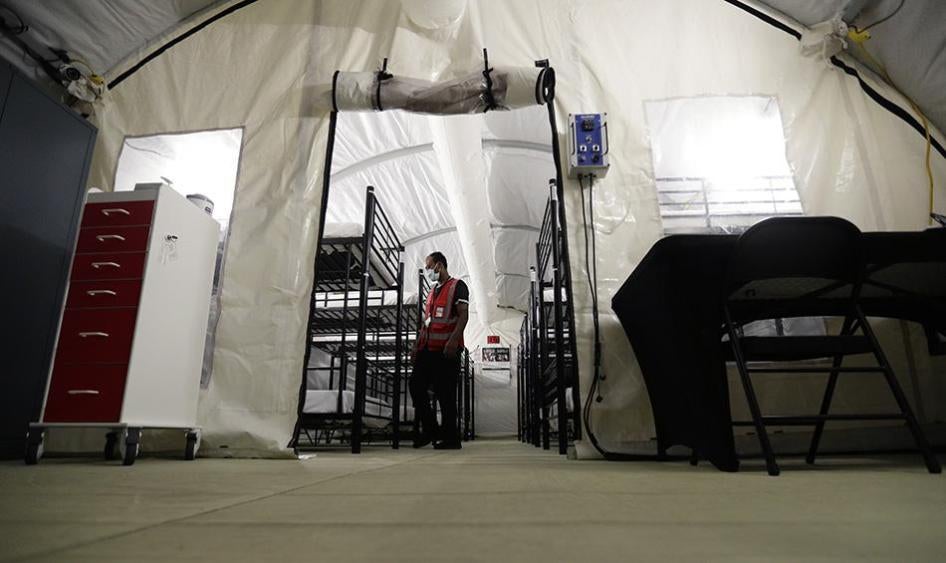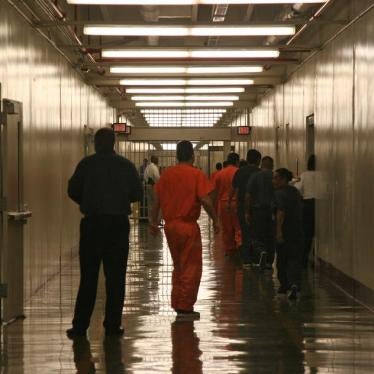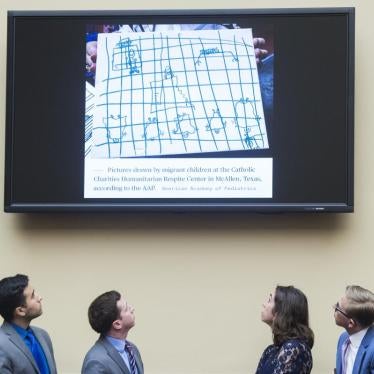Last week, Customs and Border Patrol (CBP) chief Brian Hastings told a United States congressional committee that CBP officers will separate migrant children from their parents at the border based on HIV status alone. Under questioning, Hastings went further, saying CBP maintains the HIV-related separation policy “because [HIV is] a communicable disease under [public health] guidance.”
But HIV was removed from the list of communicable diseases of public health significance that could bar entry to the US in 2010. It has been well documented that HIV cannot be transmitted through casual contact. And for people who maintain an undetectable viral load, there is zero risk of transmission. Hastings’ comments suggest CBP officers could be ignoring this policy change and the underlying science.
Following outcry from public health advocates, Hastings walked back his statements, claiming HIV-related family separation occurs on a “case by case basis” rather than as a general rule. There is no federal law or regulation that requires family separation unless the parent poses a threat to the child, and HIV does not impact parental fitness in any way. Suggesting one’s HIV status could justify family separation only serves to further dehumanize and stigmatize immigrants living with HIV.
On June 20, 2018, President Donald Trump issued an executive order ending his administration’s dehumanizing “zero-tolerance” family separation policy. But as Human Rights Watch has documented, forcible family separation continues and appears to be routine practice. Hastings’ comments before Congress align with a recent report that three Honduran children – ages 11, 12, and 14 – were permanently separated from their father when they came to the US seeking asylum because of his HIV status.
By singling immigrants out based on HIV status, the Trump administration is using outdated science to justify a policy that traumatizes children and has devastating and long-lasting consequences for an already vulnerable population. Congress should act immediately to prohibit the separation of families at the border, including those that have members living with HIV.









